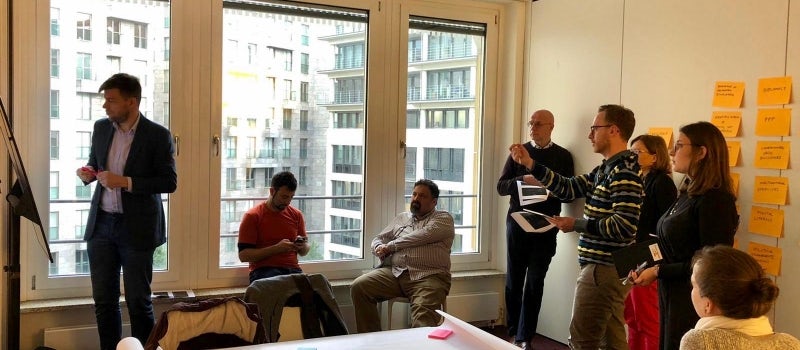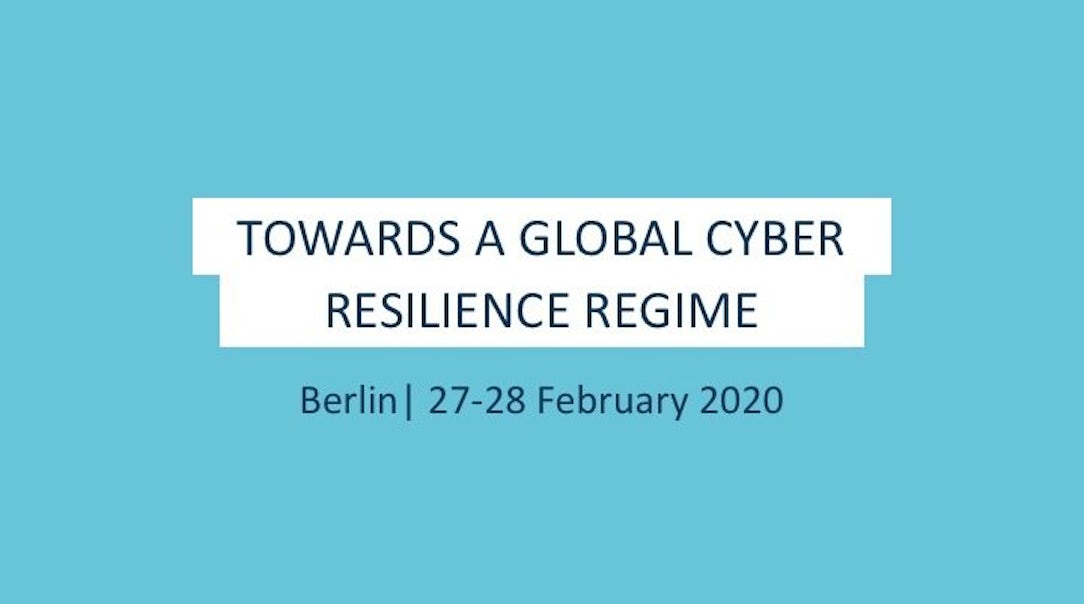The EU Cyber Direct Project organised the third and final workshop of the Resilience package from the 27th to the 28th of February in Berlin, Germany. The workshop brought together regional and cybersecurity experts from Asia, South America, Africa, Europe, Australia, and the United States. The goal of the convening of experts was to discuss what successful initiatives from around the world help to build local and regional resilience in cyberspace. Through discussing diverse initiatives, the group identified synergies and potential focal points on which to build a global resilience regime, based on the research paper “Global Cyber Resilience: thematic and sectoral approaches”.
Increasing stability, cooperation and security in cyberspace is an important agenda item for not only the European Union, but also for its strategic partners. However, achieving stability and resilience in cyberspace cannot be a unilateral initiative. One of the main pillars of the EU Cyber Direct project to foster cyber diplomacy is to expand cyber resilience and initiatives both within the EU and externally to strengthen neighbors, regions, and global cyberspace.
During this workshop, experts first shared examples of good practices in building resilience to showcase initiatives from around the world that currently work. Afterward, these initiatives were discussed by breaking them down into specific elements that may lead to resilience (e.g. information sharing, risk assessment and management, etc.). Building on this, the experts used these real world examples as a jumping-off point for brainstorming and abstraction.
During the workshop, participants discussed the conceptualisation of a global resilience regime by:
- Identifying different local and/or national initiatives that build resilience in cyberspace,
- Deconstructing these initiatives into their enabling elements and factors for scaling them up to the international level,
- And developing possible “Blueprints” to conceptualise this global resilience regime for a forthcoming publication.
- Follow us on Twitter @EUCyberDirect
- Join the conversation on cyber diplomacy on Twitter using #EUCyber



